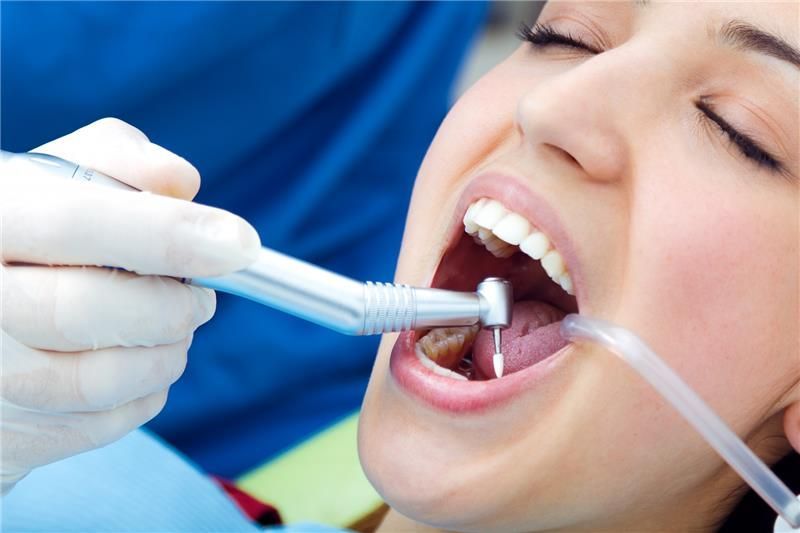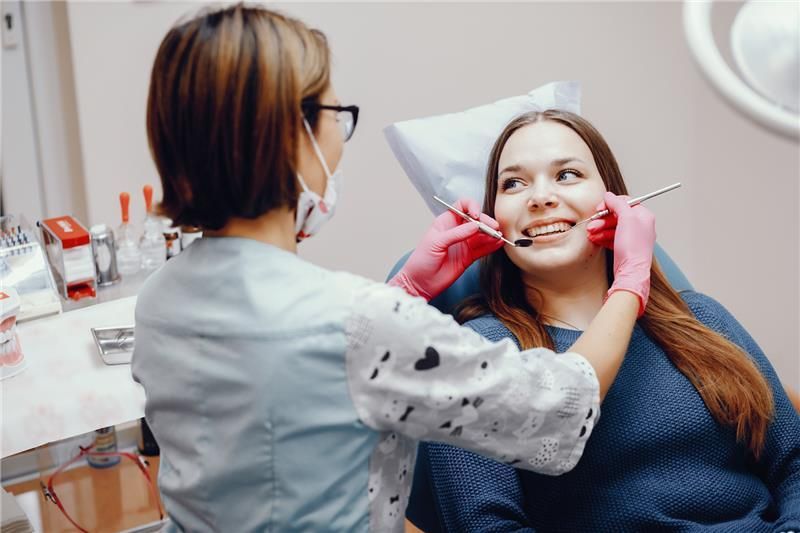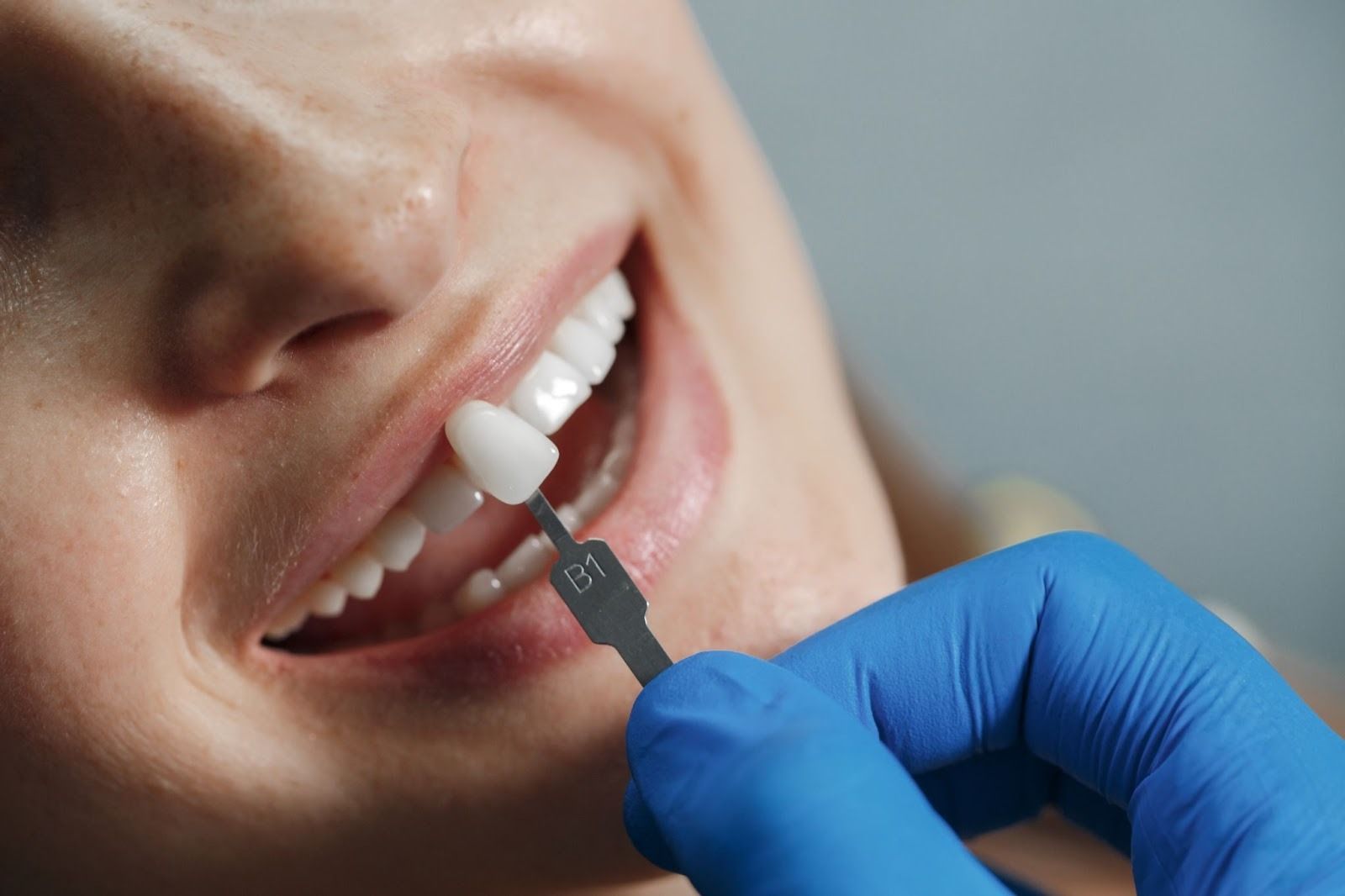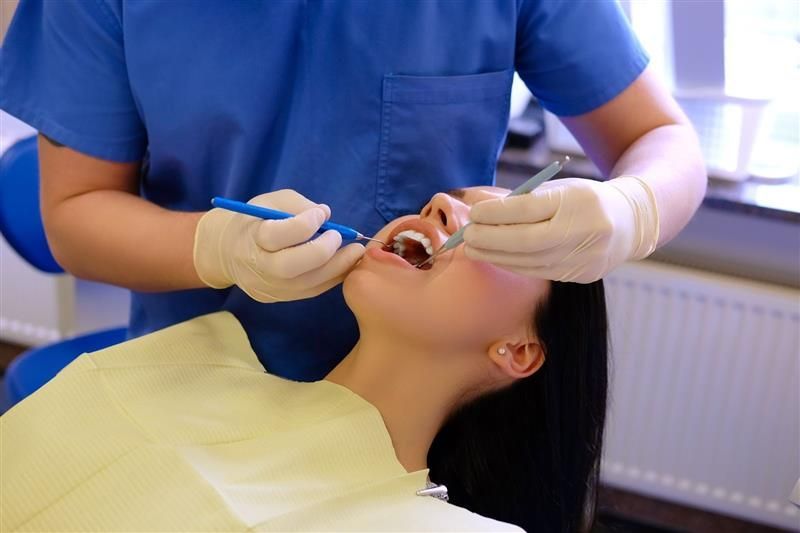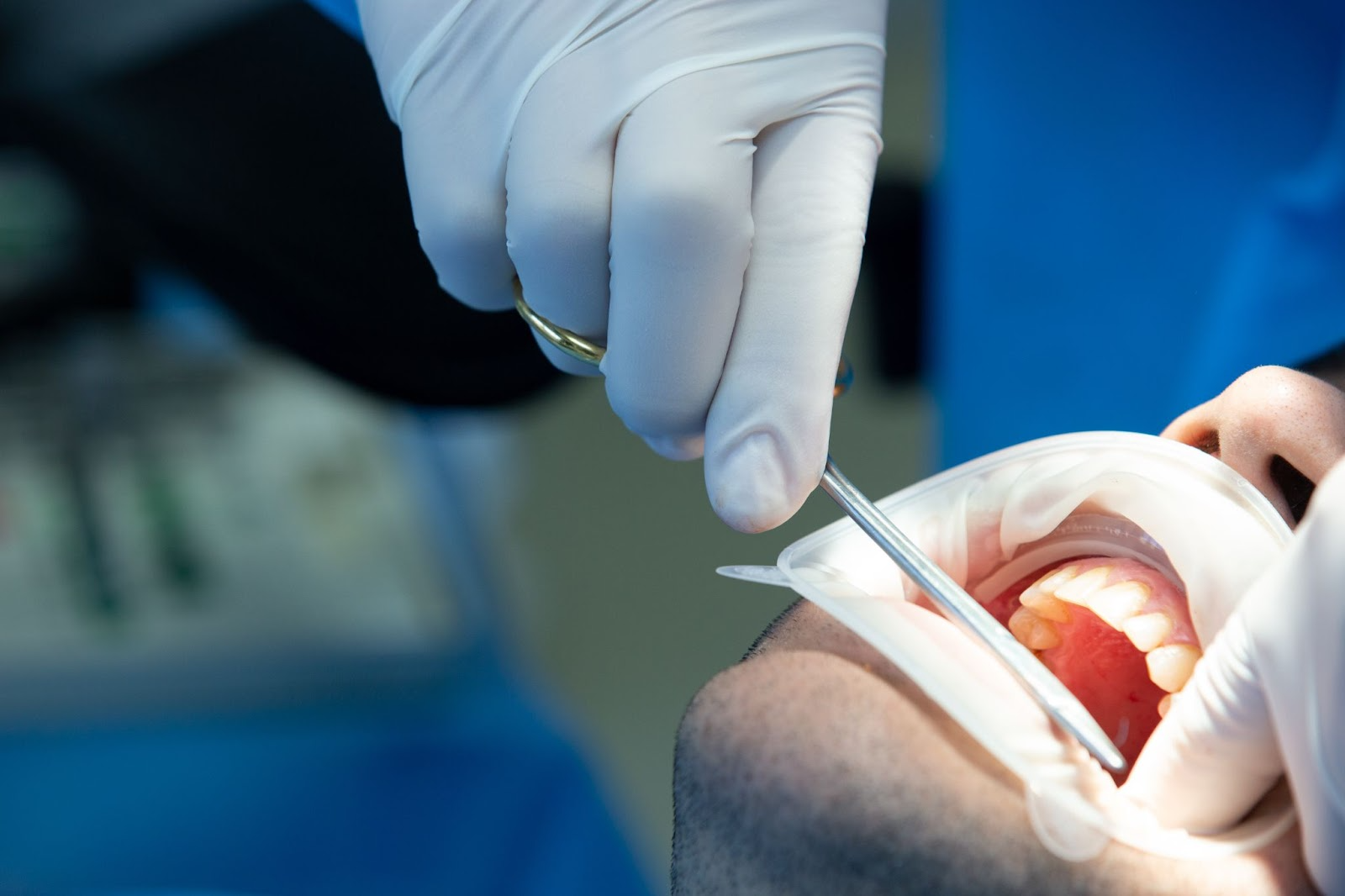Sinus Lifts Explained: Expanding Bone Volume for Upper Jaw Implants

If you’ve been told you’re not a candidate for upper jaw dental implants due to bone loss, a sinus lift procedure might change that. Sinus lifts, also known as sinus augmentation, help restore the bone height needed to securely place implants in the upper jaw. This common oral surgery allows more patients to enjoy the long-term benefits of implants, even years after tooth loss.
At Park Dental Care Brooklyn, we specialize in sinus lift procedures and use advanced diagnostic tools to make the process safe, precise, and as minimally invasive as possible. In this guide, we explain what a sinus lift is, why it may be necessary, how it’s done, and what to expect during recovery.
What Is a Sinus Lift Procedure?
A sinus lift is a surgical procedure that adds bone to the upper jaw, specifically in the area of the molars and premolars. It involves lifting the sinus membrane and placing a bone graft beneath it to increase the vertical bone height necessary for dental implants.
This is often required when patients have:
- Bone loss due to long-term tooth extraction
- Naturally thin upper jaw bone
- Sinuses located too close to the jaw ridge for safe implant placement
By performing a sinus lift, your oral surgeon creates a stable foundation for implants, significantly improving the chances of long-term implant success.
When & Why a Sinus Lift Is Needed
The upper jaw, particularly the area beneath the sinuses, tends to have less bone volume compared to the lower jaw. After tooth loss, this bone can shrink even further over time. Without enough vertical bone height, placing implants becomes risky or impossible.
A sinus lift is commonly recommended in the following cases:
- A patient has lost upper molars or premolars and significant time has passed
- There is less than 4–6mm of bone available in the implant site
- The sinuses have expanded downward (a normal aging process), leaving little room for implants
If a traditional implant cannot be placed due to insufficient bone, a sinus lift can make the procedure possible, safe, and effective.
How the Sinus Lift Procedure Works
At Park Dental Care Brooklyn, we begin with a detailed consultation and a 3D cone beam CT scan to assess your bone structure and sinus position. This advanced imaging is part of the comprehensive services we offer to ensure precision and safety in planning your treatment.
Here’s what typically happens during a sinus lift:
- Anesthesia: You’ll receive local anesthesia, and sedation if needed, to ensure your comfort during the procedure.
- Incision & Access: A small incision is made in the gum, and a window is opened in the bone near the sinus wall.
- Lifting the Sinus Membrane: The membrane lining the sinus is gently lifted upward to create space.
- Bone Grafting: Bone graft material is inserted into the space, filling the gap between the sinus floor and jawbone.
- Stitching & Healing: The area is stitched closed, and the healing process begins.
Over time, the grafted bone integrates with your natural bone, creating a solid foundation for implant placement.
Recovery After a Sinus Lift: What to Expect
Recovery after a sinus lift is typically smooth and well-managed with proper aftercare. Most patients experience minimal discomfort, which can be controlled with prescribed or over-the-counter pain medication.
Healing Timeline:
- First 48–72 hours: Swelling and minor sinus pressure may occur.
- First 1–2 weeks: Sutures dissolve or are removed; light activity is encouraged.
- 4–6 months: Bone graft integrates fully, after which implant placement can proceed.
To support healing, you’ll be advised to avoid:
- Blowing your nose
- Sneezing forcefully (try to sneeze with your mouth open)
- Smoking or using straws
- Heavy lifting or strenuous activities
We provide all post-op instructions in detail and schedule follow-up visits to monitor your healing.
Types of Bone Grafts Used in Sinus Lifts
The success of a sinus lift largely depends on the quality and compatibility of the bone graft. At Park Dental Care Brooklyn, we choose the best material based on your unique needs and preferences.
Common options include:
- Autograft: Bone harvested from your own body (e.g., jaw, hip)
- Allograft: Sterilized human donor bone
- Xenograft: Bone from an animal source, often bovine
- Alloplast: Synthetic biocompatible materials
Each graft type is thoroughly tested and handled under strict safety standards. Most patients receive allografts or synthetic options, which avoid the need for a second surgical site.
Risks and Safety Considerations
When performed by a skilled oral surgeon, sinus lifts are considered very safe and predictable procedures. However, like any surgical treatment, there are potential risks:
- Perforation of the sinus membrane (usually repairable during surgery)
- Mild swelling or bruising
- Sinus infection (rare)
- Graft rejection or failure to integrate (uncommon)
Our use of 3D imaging, sterile technique, and individualized treatment planning helps minimize these risks significantly.
Cost of Sinus Lift Surgery in Brooklyn
The cost of a sinus lift can vary depending on:
- The amount of bone grafting needed
- Type of graft material used
- Whether sedation is chosen
- The complexity of your case
In Brooklyn, sinus lift procedures generally range between $1,200 to $3,500 per side. At Park Dental Care Brooklyn, we provide transparent pricing, insurance assistance, and flexible financing options to make your care accessible.
Benefits of Sinus Lifts for Implant Candidates
A sinus lift is often a critical step that makes implant treatment possible. The benefits include:
- Enabling the safe and secure placement of upper jaw implants
- Preventing further bone loss and sinus expansion
- Improving facial structure, symmetry, and oral health
- Long-term confidence and chewing ability
- Better implant longevity and success
Patients who undergo sinus lifts often express gratitude for the opportunity to finally restore their smiles after years of believing they were ineligible for implants.
Why Choose Park Dental Care Brooklyn for Sinus Lift Surgery?
Our office combines surgical expertise with a patient-centered approach to deliver safe, effective outcomes for sinus lift procedures. Here's what makes us different:
- Advanced Diagnostics: We use 3D cone beam CT scans for precise treatment planning.
- Oral Surgery Expertise: Our team is highly trained in sinus lift and bone grafting procedures.
- Comfort-Focused Care: We offer sedation and personalized support to keep you relaxed and informed.
- All-In-One Treatment: From sinus lifts to implant placement, we handle the full process under one roof.
Every patient receives individualized attention, and we work closely with you to ensure your comfort, safety, and confidence.
Conclusion: Ready to Take the First Step Toward Implants?
A sinus lift is not something to fear—it’s an empowering step that opens the door to dental implants and a restored smile. If you’ve been told you're not a candidate for upper jaw implants, don’t give up. The solution may be simpler than you think.
At Park Dental Care Brooklyn, we’re here to explain every step and guide you with expertise and compassion. Schedule a consultation today and let us help you build the strong foundation your future smile deserves.
You can book your consultation online or call our office—whichever is most convenient for you.
If you’ve been told you’re not a candidate for upper jaw dental implants due to bone loss, a sinus lift procedure might change that. Sinus lifts, also known as sinus augmentation, help restore the bone height needed to securely place implants in the upper jaw. This common oral surgery allows more patients to enjoy the long-term benefits of implants, even years after tooth loss.
At Park Dental Care Brooklyn, we specialize in sinus lift procedures and use advanced diagnostic tools to make the process safe, precise, and as minimally invasive as possible. In this guide, we explain what a sinus lift is, why it may be necessary, how it’s done, and what to expect during recovery.
Frequently Asked Questions (FAQ)
What is the recovery time after a sinus lift?
Most patients need 4–6 months for full bone integration before implants can be placed, though initial healing is much faster.
Is the procedure painful?
With anesthesia and sedation, most patients experience only minor discomfort similar to other oral surgeries. Post-op pain is manageable with medication.
How do I know if I need a sinus lift?
A cone beam CT scan will reveal if you have insufficient bone in the upper jaw. Your oral surgeon will explain your options based on your anatomy.
Can I get dental implants without a sinus lift?
If you have enough bone height, you may not need one. However, if bone loss is significant, skipping a sinus lift could lead to implant failure.
Does insurance cover the sinus lift procedure?
Some dental and medical plans may cover part of the cost. Our team will help you check your coverage and offer payment solutions.

